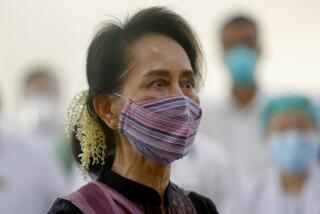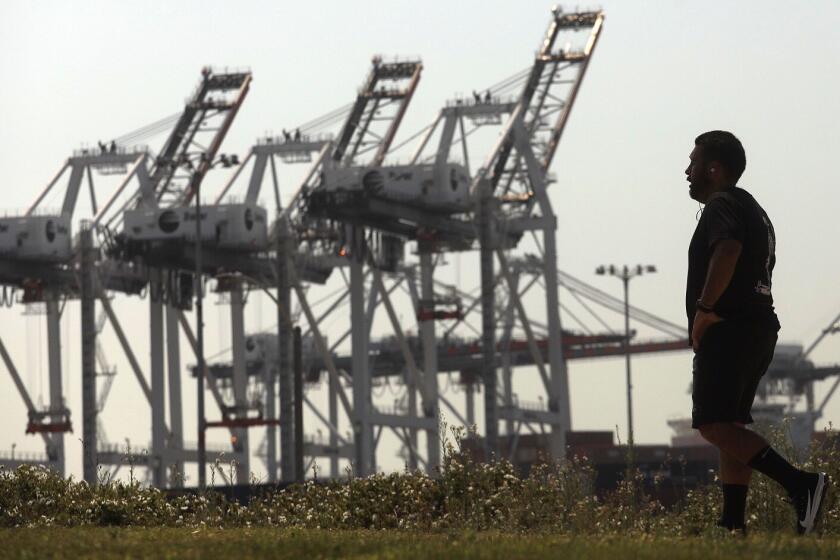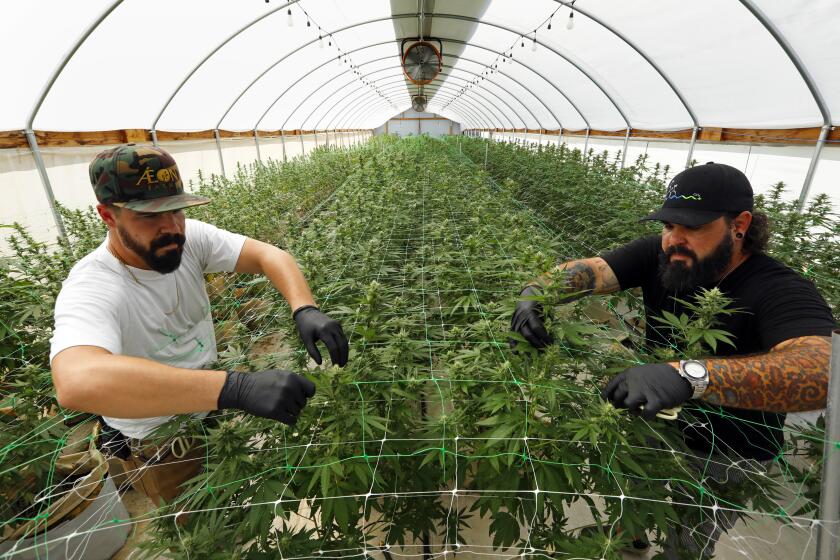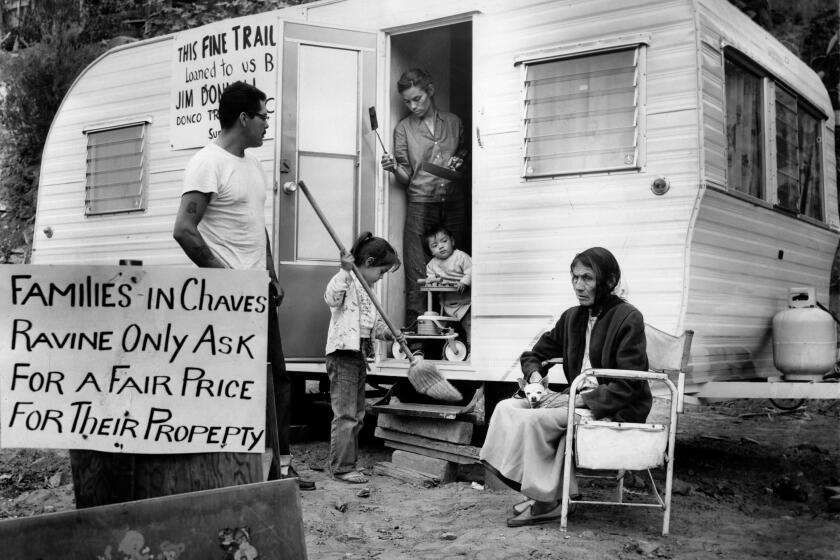Taking a message to Myanmar
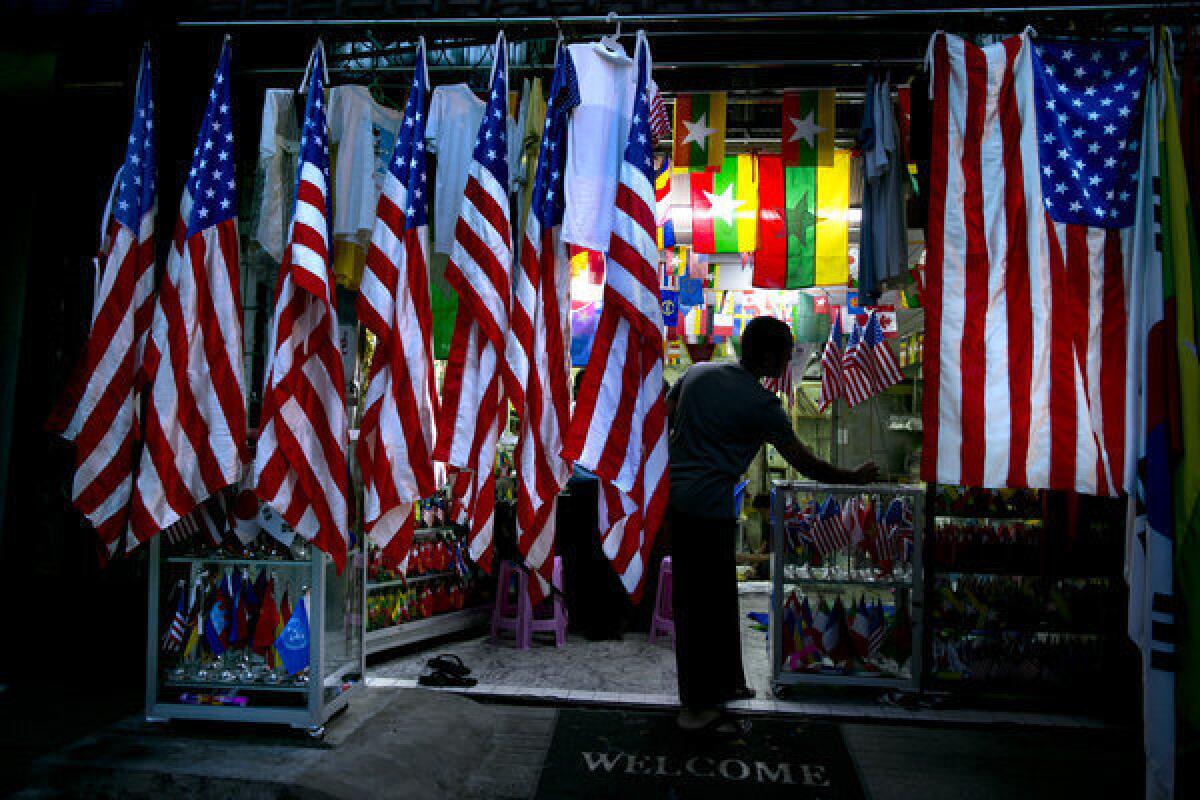
In the last two years, Myanmar — also known as Burma — has made significant progress along the road to democratization. The military, long a brutal and repressive ruling force, handed over power to an elected government last year (although former generals hold most senior ministerial posts, and one was elected president). There are fewer restrictions on journalists. Opposition political parties were allowed to participate in the elections, and some of their members were elected to parliament, including, most notably, the human rights icon Aung San Suu Kyi, who spent 15 years under house arrest before her release in 2010.
All these reforms have garnered the approval of the U.S. government. The United States posted its first ambassador to the country in more than two decades, and the first visit by a sitting U.S. president begins Monday. But Myanmar’s government remains repressive in many ways and continues to hold about 300 political prisoners. (It is unclear how many, if any, of the 452 prisoners the government released last week had been held for political offenses.) When President Obama arrives in Myanmar on the second stop of his whirlwind, three-country Southeast Asia trip, the issue of human rights abuses must be on his agenda as he meets with President Thein Sein and opposition leader Suu Kyi.
Among the most troubling of these is the treatment of the country’s estimated 1 million Rohingya Muslims. An ethnic minority in a majority Buddhist country, they live mostly in Rakhine state, denied citizenship because the government considers them illegal immigrants from Bangladesh. However, many have lived in Myanmar their whole lives, and some can trace their lineage back centuries. According to the United Nations, the Rohingya are among the most persecuted groups in the world. Human Rights Watch notes that their freedom of movement has been restricted, their access to education is limited and they have been subjected to forced labor and arbitrary detention. This year alone, several waves of sectarian violence between Buddhists and Rohingya Muslims have left hundreds dead and thousands homeless.
White House and State Department officials expect Myanmar’s leaders to address the issue of the Rohingya, among others, if they want to transform the country into a full democracy. And although human rights activists are critical of the president for making this trip when Myanmar still has so much more to do, the president has said he will engage with any country that demonstrates true willingness to reform.
That makes sense. But Obama and other American officials should make clear what steps they believe Myanmar should be taking. The president should specifically urge the government to amend a 1982 law that makes citizenship unattainable for Rohingya Muslims unless they can present proof tracing their roots in the country back to the early 19th century. He should also call on the government to help humanitarian aid pass unhindered to poverty-stricken and displaced Rohingya as well as other victims of the fighting.
More to Read
A cure for the common opinion
Get thought-provoking perspectives with our weekly newsletter.
You may occasionally receive promotional content from the Los Angeles Times.


